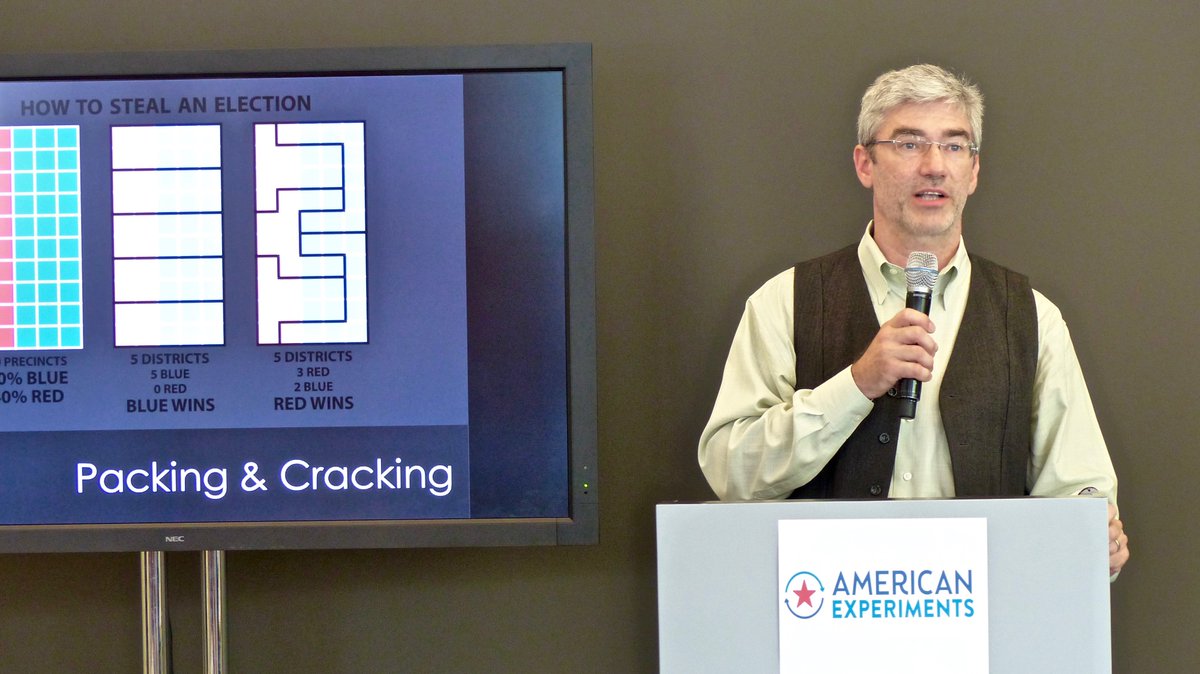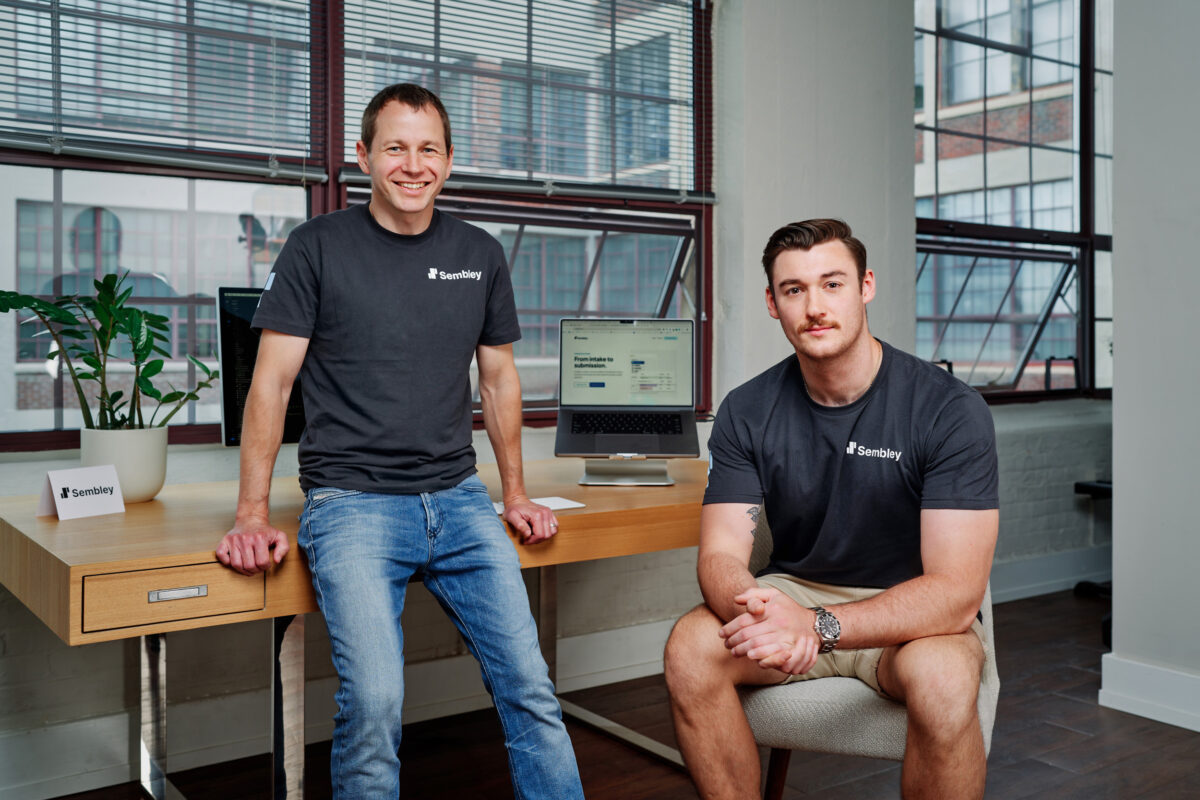Sometimes, there are invisible strings tying a serial entrepreneur’s ventures to each other.
For one Philly-based founder, the connections became more obvious when you look at how he made the jump from his first company to his second.
Jeremy Peskin founded immigration document startup Docketwise in 2016, which was successfully acquired in 2022 by MyCase. He left the company at the end of 2023 to figure out what his next passion project would be and landed on Sembley, a platform launched earlier this year that makes it easier for insurance agents to gather information and submit forms.
“I’ve been able to use all the learnings that developed over the seven years of building Docketwise,” Peskin said.
While running Docketwise, Peskin found that immigration intake forms were often challenging for immigrants and worked to find new ways to fill them out.
Peskin founded Docketwise, formerly Borderwise, after personally navigating the experience of getting his green card when immigrating from Canada to the United States. The 2018 RealLIST Startup was a case management software for immigration lawyers.
San Diego-based MyCase, a cloud-based legal practice management software company, acquired Dockwise for an undisclosed amount in 2022.
While working on a side project after leaving Docketwise, he later learned that insurance agents deal with similar issues when gathering forms, the impetus for Sembley. Many serial entrepreneurs find their next venture by continuing to look for ideas based on personal experiences.
Leaving his first venture provided time to build his next one from scratch
Peskin always intended to leave Docketwise after selling, he said.
He stayed on for about a year to help with the transition, but he knew he wanted to leave and move onto other things once the team was settled. After leaving the company, he finally had time to work on his coding skills and build the next venture.
Peskin started building software at the beginning of 2024 that would gather information from clients for insurance agents and fill it into forms. The three-person team launched the platform in the spring.
It was the best decision I ever made. We bootstrapped.
Jeremy Peskin
User experience tweaks, like showing one question at a time and being able to use the keyboard to move through questions on forms, were things Peskin learned from building Docketwise that he incorporated into Sembley.
“I found over the course of building Docketwise all of these little tweaks that just make it easier for the client to intake the information significantly increases the likelihood you’re going to get that intake completed,” Peskin said.
Sembley’s platform provides a list of clients and submissions to keep track of previous submissions and client information and use that to fill in more forms later.
New submissions can be built with any combination of insurance forms. Sembley takes all of the questions from all of those forms and adds them into one questionnaire that insurance agents can share with their client. They can hide questions or add notes.
The platform also tracks when clients open the form and complete them. Once the insurance agent has all of the information they need from their client, Sembley will populate it back into the forms.
Lessons from the first venture also came from being a customer for business services
Sembley’s target audience is commercial, or business, insurance.
Peskin had first hand experience with the hassle of filling out commercial insurance forms while running his first company.
“I had so much going on running Docketwise, I would procrastinate on it,” he said. “Then I would quickly cram through it. But it was a really painful experience.”
When it comes to fundraising, Peskin plans to follow the same strategy he did with Docketwise. For his previous company, Peskin only raised a small $250,000 friends and family round, but never took money from institutional investors.
With Sembley, Peskin wants to follow the same strategy, the only difference being he doesn’t need to do a friends and family round because he has money from the sale of Docketwise.
This strategy is unique, especially in a market where it’s difficult to raise capital. The last two quarters have seen lower amounts raised than in previous years, although raises totals are starting to level out with $643 million across 100 deals in Q2 and $732 million raised over 101 deals in Q1.
“It was the best decision I ever made,” Peskin said. “We bootstrapped. We grew up with our revenues. We never hired more people than we can afford. We never had to do layoffs because of that. We just grew off of the revenues that we were generating from our user base.”
Sarah Huffman is a 2022-2024 corps member for Report for America, an initiative of The Groundtruth Project that pairs young journalists with local newsrooms. This position is supported by the Lenfest Institute for Journalism.Join our growing Slack community
Join 5,000 tech professionals and entrepreneurs in our community Slack today!
Donate to the Journalism Fund
Your support powers our independent journalism. Unlike most business-media outlets, we don’t have a paywall. Instead, we count on your personal and organizational contributions.

Hundreds compete for Shark Tank spots at the Philly open casting call

Calling all data nerds: OpenDataPhilly needs your help to get back to its prime

Phorum 2025 will spotlight AI’s impact on Philadelphia’s workforce and enterprise


